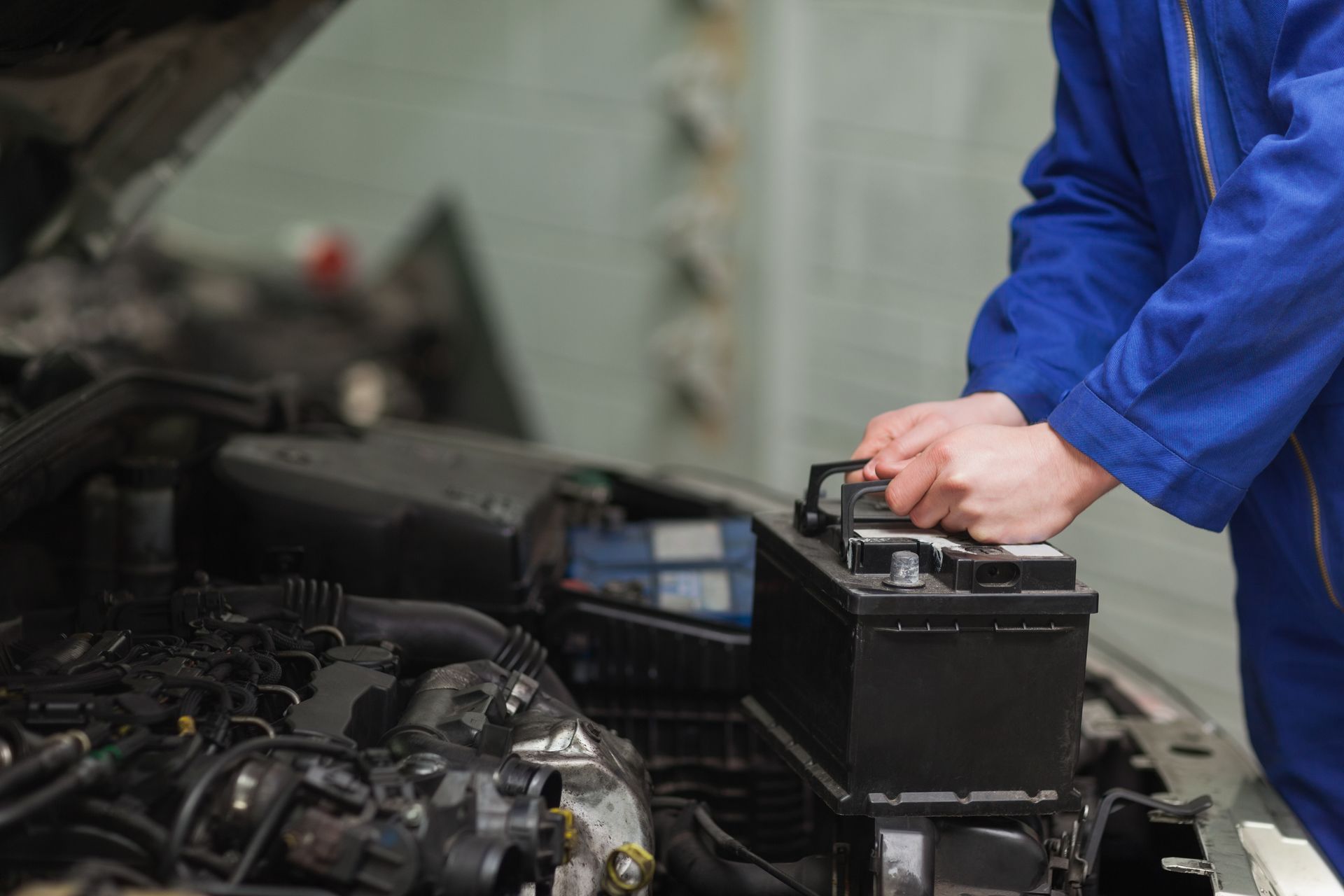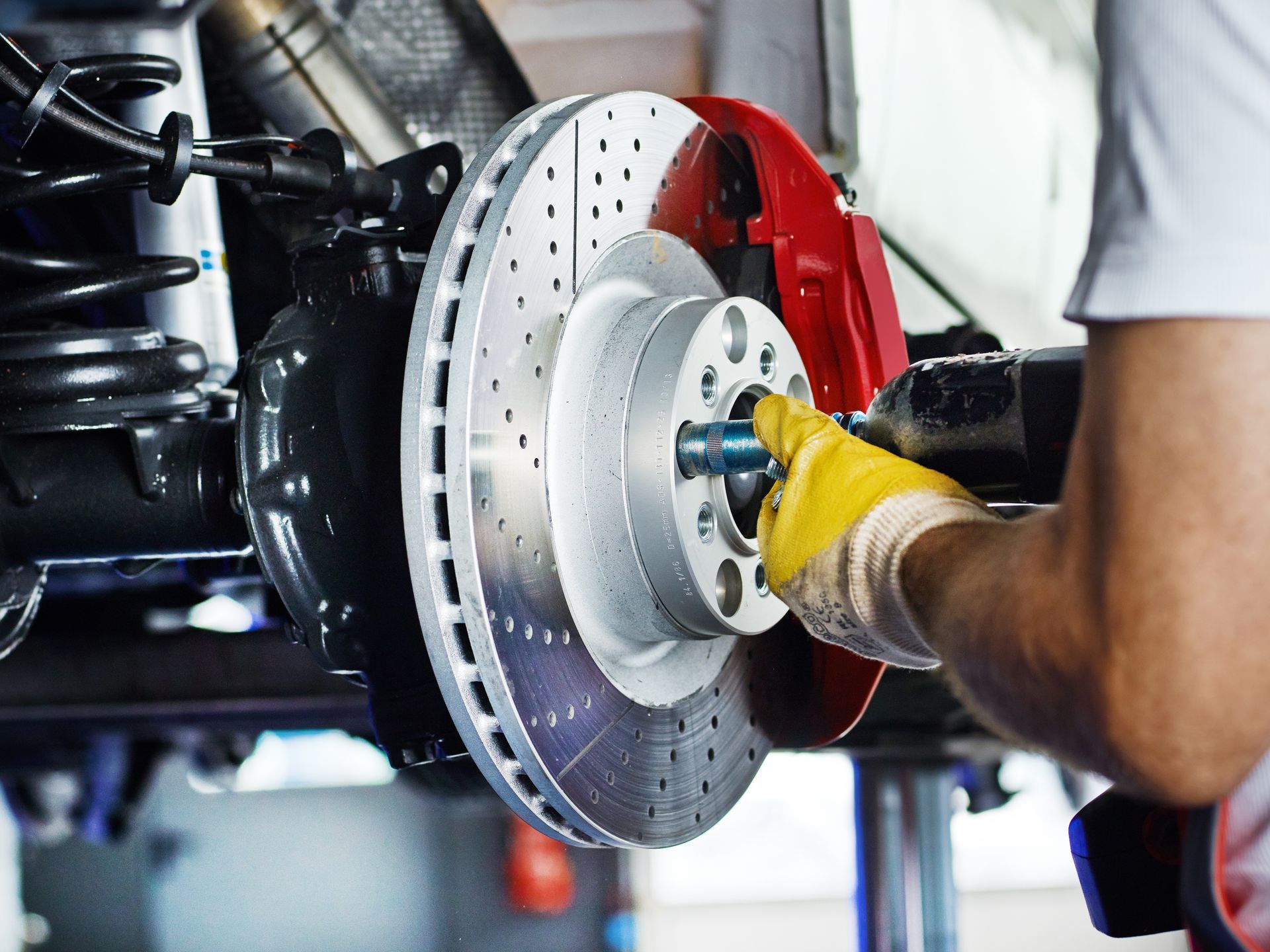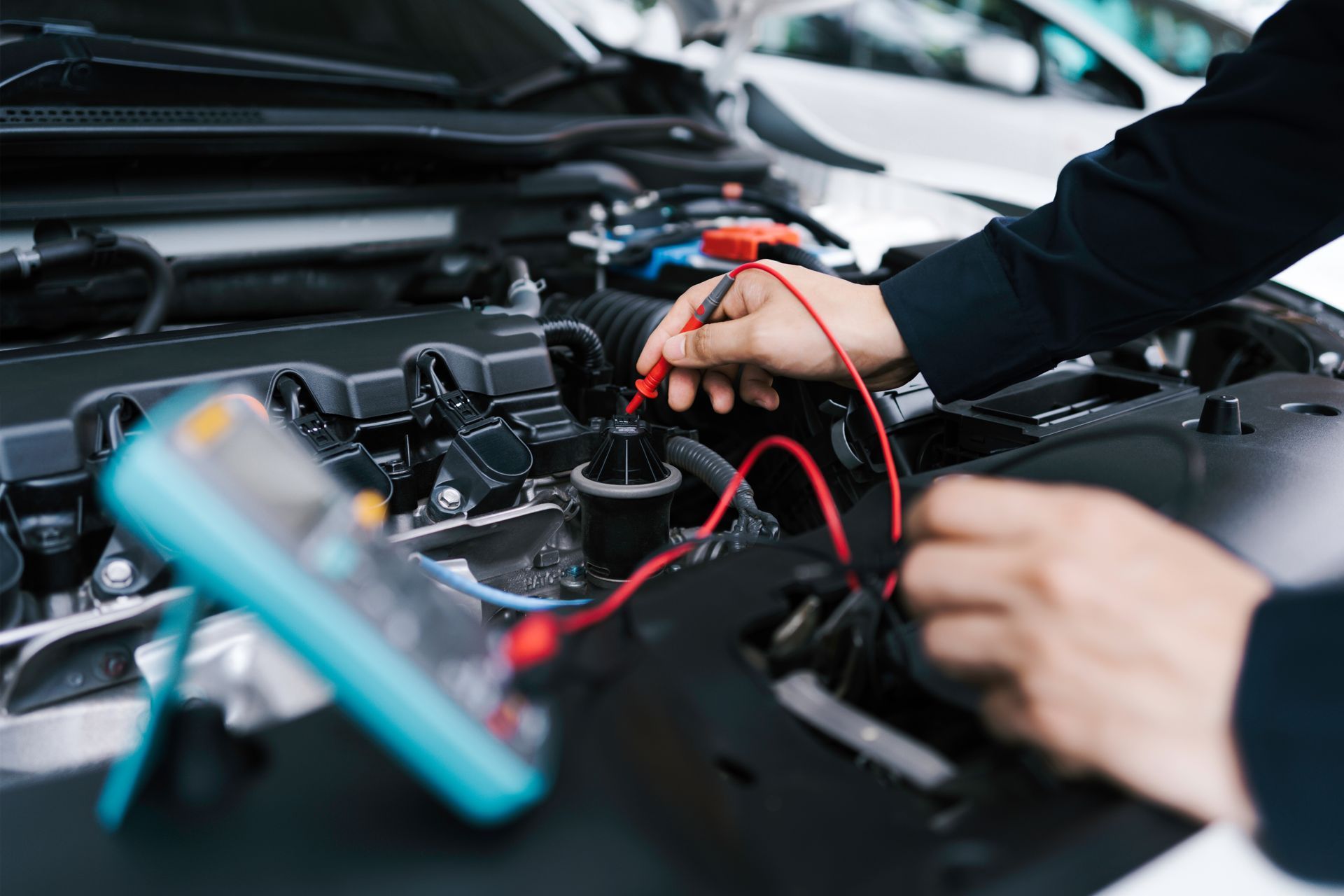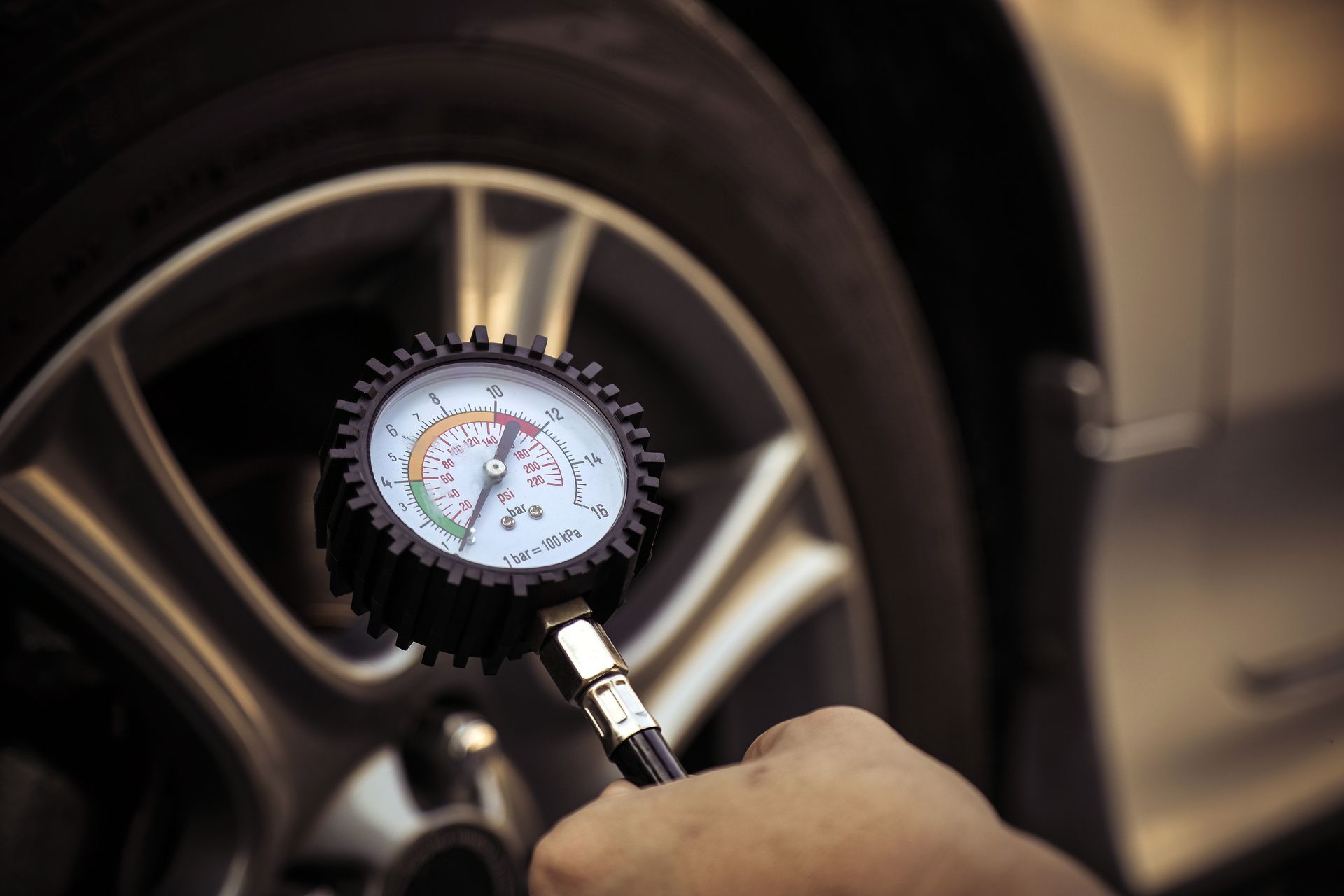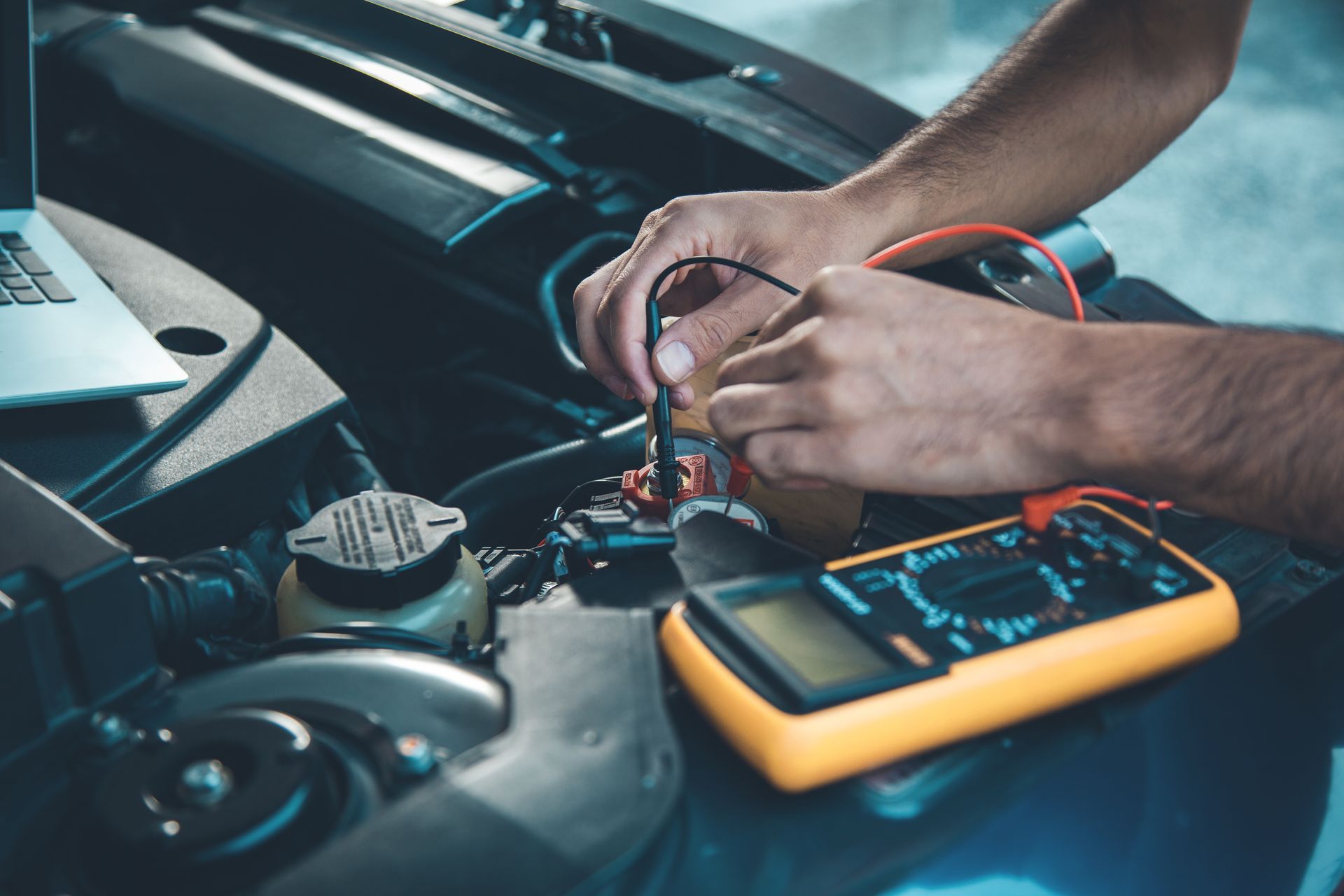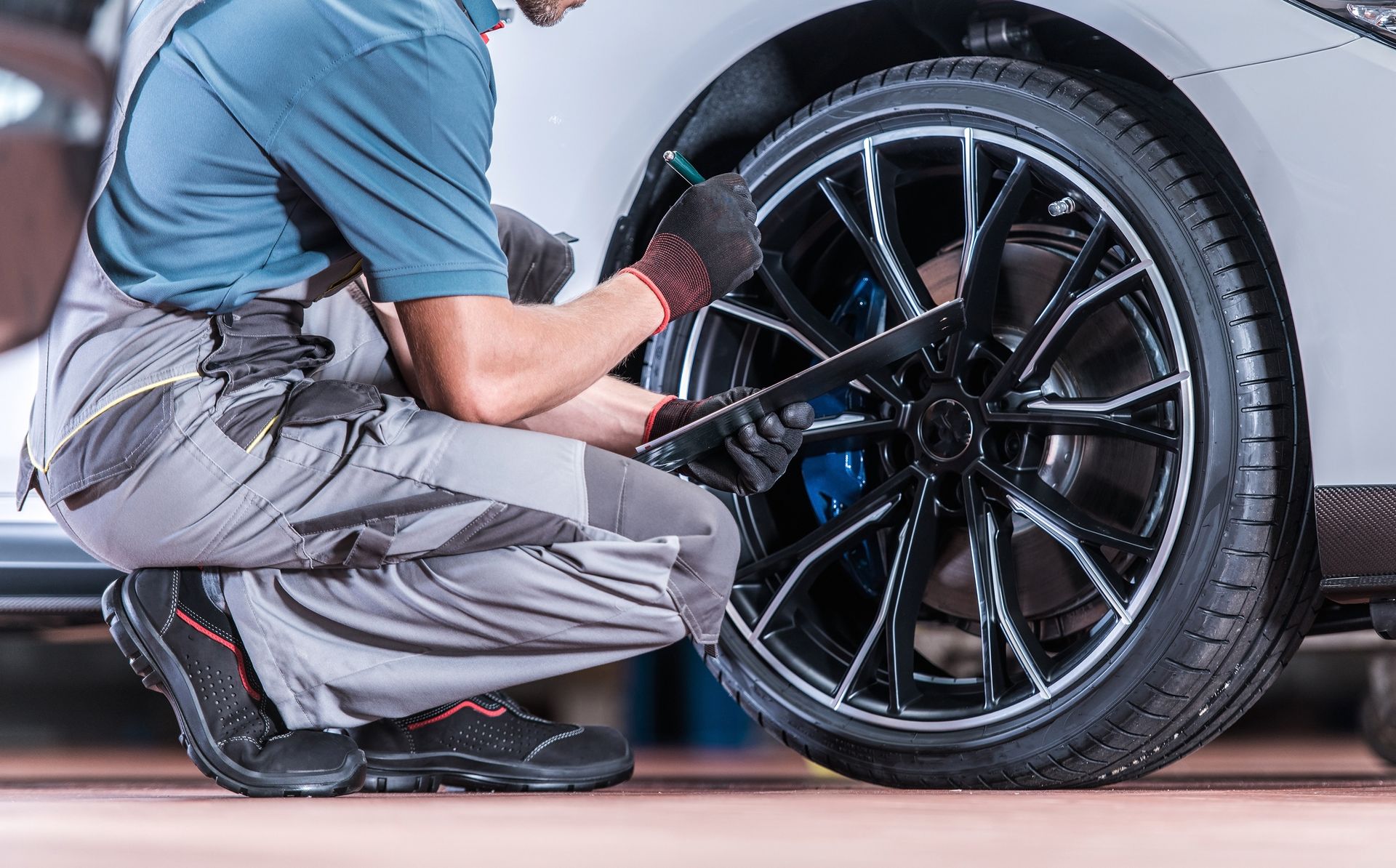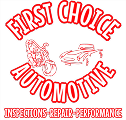In today’s rapidly evolving automotive industry, a relevant and up-to-date training program is essential for equipping aspiring mechanics with the skills they need in the field. With vehicle technology advancing quickly, it’s becoming clear that auto mechanic training programs in Huntingdon Valley need to prioritize real-world skills that address current tools, techniques, and vehicle systems.
As an auto shop owner and board member on an automotive tech program, Rick Ogden recently discussed these needs in a meeting, sharing experiences that reveal gaps in today’s curricula, especially in areas where outdated practices are still being taught.
To ensure that graduates are well-prepared and hireable, it’s crucial to focus on critical areas in training programs, like Pennco Tech’s Automotive Technology Program , which offers a comprehensive approach. However, there is room for further improvement, especially in reflecting the technology, tools, and critical thinking skills that the industry currently demands.
1. Updating Diagnostic Tools and Techniques
One example that illustrates a disconnect between training and industry practice is emissions testing. Ogden mentioned that some new hires still rely on “tailpipe sniffers” for emissions tests—an outdated method in modern automotive service.
In reality, emissions testing has shifted toward more advanced diagnostic tools and electronic sensors that can pinpoint issues quickly and accurately. By teaching students how to use up-to-date diagnostic tools, like OBD-II scanners and software, training programs can ensure students have hands-on experience with the equipment they’ll actually use.
Programs should also focus on the latest diagnostic software, such as Mitchell OnDemand and ALLDATA. These programs are invaluable for modern technicians, as they streamline troubleshooting and repairs, especially on complex systems like hybrid vehicles.
When diagnostic methods in the curriculum align with industry standards, graduates are more likely to be proficient and confident with these essential tools from day one.
2. Prioritizing Trust and Integrity in Training
The concept of “fake it till you make it” is one that Ogden and others in the industry view as unacceptable in automotive service. Mechanics are often the lifeline for customers who trust them to keep their vehicles running safely. Training programs could benefit from integrating modules on professional ethics, honesty, and the importance of trustworthiness.
For instance, providing real-world scenarios in which students must make decisions based on safety, transparency, and customer communication can help them understand the ethical side of automotive service.
Incorporating ethics into training is crucial, especially as modern automotive technicians are expected to explain complex problems to customers. By understanding the importance of honesty and trust, new graduates are better prepared to build long-term customer relationships, a key part of their future success.
3. Hands-on Experience with Modern Automotive Systems
While Pennco Tech’s curriculum includes instruction on key systems—such as power steering, brakes, and HVAC—there is a growing need to expand hands-on learning opportunities with advanced systems, including hybrid and electric vehicles.
As electric vehicles gain popularity , understanding battery management, regenerative braking systems, and hybrid powertrains becomes a critical skill set. Programs should consider adding more labs or workshops focused on electric and hybrid vehicle repair to prepare students for this emerging market.
Moreover, practical experience with computerized diagnostic equipment and advanced vehicle electronics should be prioritized. Students who get hands-on experience with real-world systems are not only more knowledgeable, but also more confident in their abilities when they enter the workforce.
4. Continuous Updates and Industry Partnerships
The rapid pace of technological change in the automotive field demands continuous curriculum updates. Partnering closely with local auto shops and dealerships can provide valuable insights into the tools, techniques, and competencies that employers seek.
By having board members who are active in the industry , like Ogden, automotive technology programs can receive timely feedback and adjust training to reflect current demands.
Additionally, schools can offer continuing education for graduates to keep them up-to-date on the latest technologies so they can return for skill refreshers on new advancements, keeping their training relevant as they advance in their careers.
Building a Workforce for Tomorrow in Huntingdon Valley
The automotive industry in Huntingdon Valley is experiencing an exciting transformation, with new technologies reshaping what it means to be an automotive technician. Programs like Pennco Tech’s have made strides by covering essential systems, offering access to top-tier diagnostic equipment, and fostering career support.
However, to meet the real demands of the industry, curriculum adjustments are necessary to cover modern diagnostic methods, advanced systems training, and to emphasize professional integrity.
A well-rounded curriculum that reflects the needs of today’s job market doesn’t just benefit students; it also helps auto shops and service centers find qualified, skilled employees who can hit the ground running.
By implementing these changes, automotive technology programs can produce a new generation of technicians who are ready to succeed, equipped with the skills that actually make a difference.
Learn more about Richard Ogden
and how his auto repair shop has benefitted the Huntingdon Valley community or call (215) 953-1034 to learn more.

